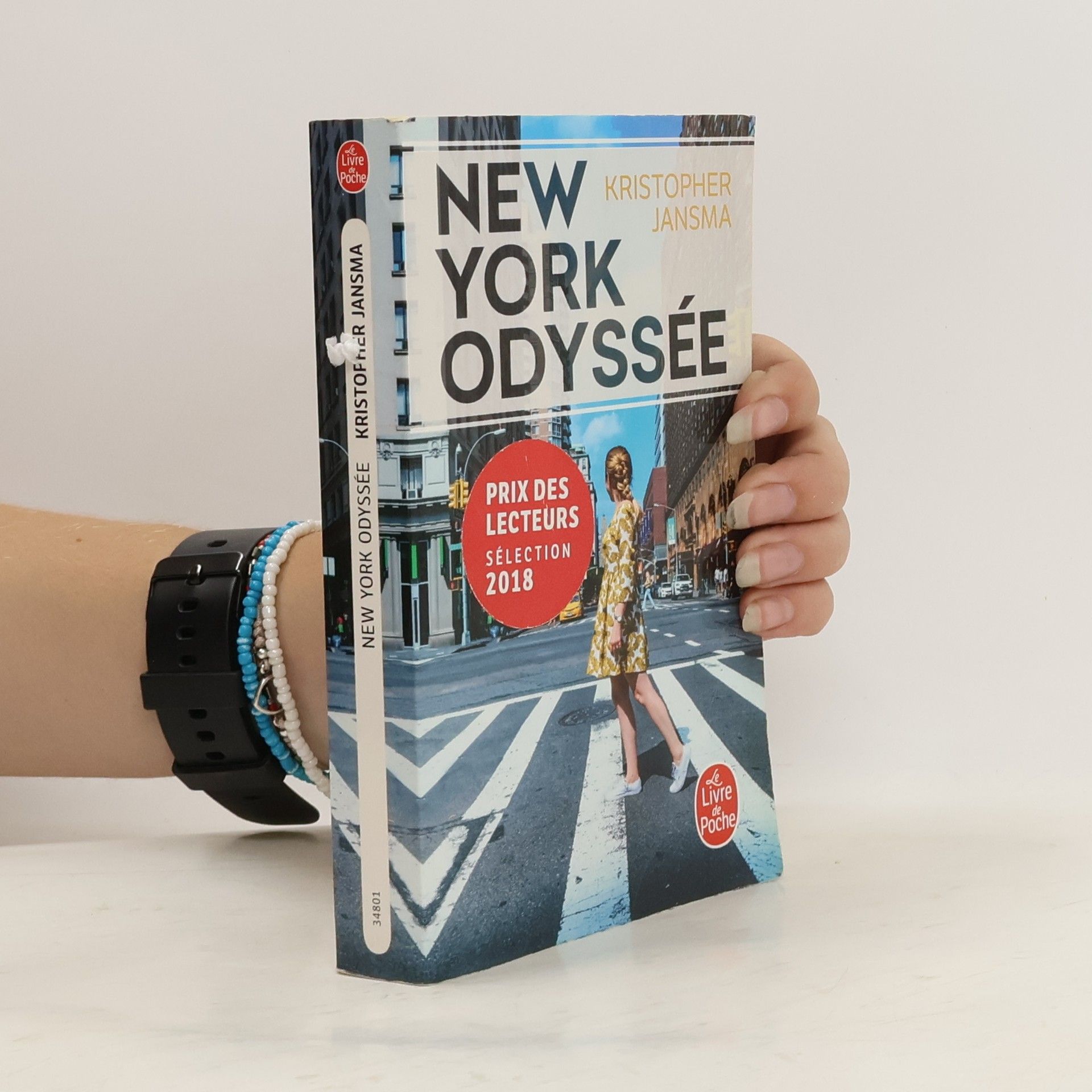Neměnnost leopardích skvrn
- 264 stránek
- 10 hodin čtení
„Tyto příběhy jsou všechny pravdivé, ale někde jinde.“ Zní to jako banální zápletka: mladý muž, který se chce stát spisovatelem, pokukuje nejen po úspěchu svého literárně zdatnějšího kamaráda Juliana, ale i po jeho okouzlující přítelkyni Evelyn. Jenže když se trojice fatálně rozhádá, Jansmův hlavní hrdina se ve snaze psát pravdivě a také pochopit sebe sama začne zaplétat do nekonečné sítě lží. Jazzové kluby na Manhattanu, vesnice na Srí Lance, Island, Dubaj, černá Afrika – závratný děj omotává celý svět a na čtenáře, který se úžasem nemá ani kdy nadechnout, vyskakují příběhy jak z ruské matrjošky. Neměnnost leopardích skvrn je nejen příběhem o vyprávění příběhů, v němž zaznívají ohlasy Fitzgeralda, Tolstého, Hemingwaye, Boba Dylana a mnoha dalších mistrů, ale především oslavou opravdového umění. Nápaditou, zábavnou, srdceryvnou i nevídaně vtipnou.




